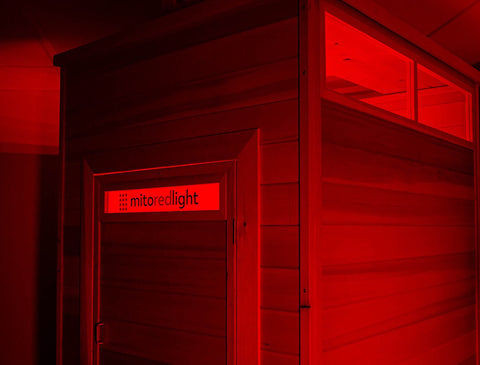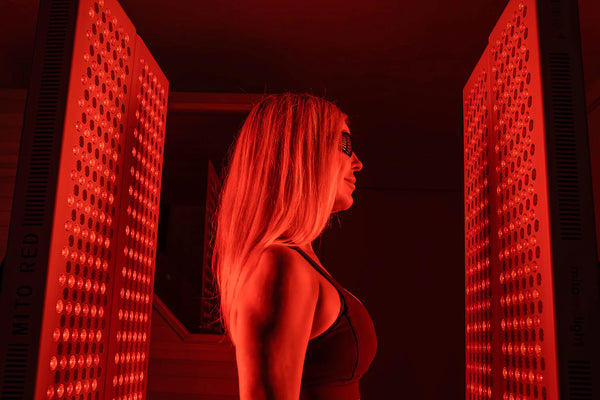Abstract
Autologous cell-based therapy for bone regeneration might be impaired by diabetes mellitus (DM) due to the negative effects on mesenchymal stem cells (MSCs) differentiation. Strategies to recover their osteogenic potential could optimize the results. We aimed to evaluate the effect of photobiomodulation (PBM) therapy on osteoblast differentiation of rats with induced DM. Bone marrow MSCs of healthy and diabetic rats were isolated and differentiated into osteoblasts (OB and dOB, respectively). dOB were treated with PBM therapy every 72 hour (660 nm; 0.14 J; 20 mW; 0.714 W/cm2 , and 5 J/cm2 ). Cell morphology, viability, gene and protein expression of osteoblastic markers, alkaline phosphatase (ALP) activity, and the mineralized matrix production of dOB-PBM were compared to dOB. PBM therapy improved viability of dOB, increased the gene and protein expression of bone markers, the ALP activity and the mineralized matrix production. PBM therapy represents an innovative therapeutic approach to optimize the treatment of bone defects in diabetic patients.
Keywords: bone; diabetes; osteoblast; photobiomodulation therapy; stem cell.




















